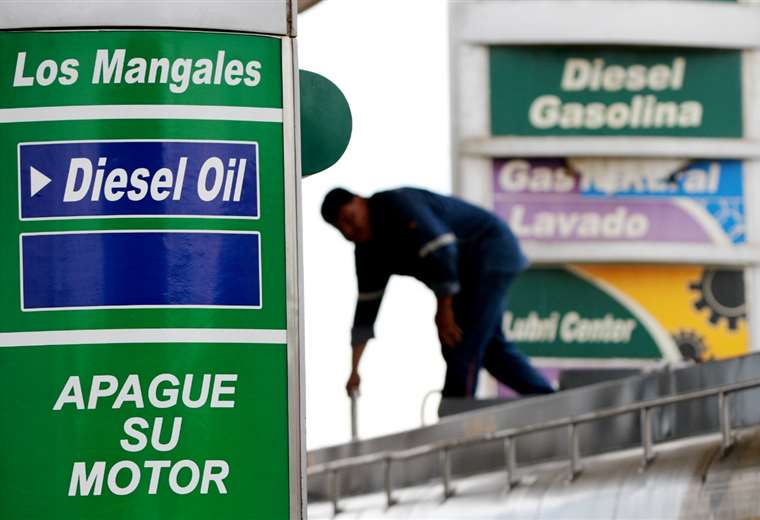The inflation In Argentina, it remains a matter of great concern for both the Government and citizens. In August 2024, the Consumer Price Index (CPI) recorded an increase of 4.2%, reflecting a slowdown compared to previous months, but still representing a significant challenge for the country’s economy.
Now, attention turns to projections for September and how government policies and economic conditions could influence the index. inflationThe 4.2% increase in August was mainly due to increases in items such as housing, water, electricity and other fuels, which rose by 7.0%, as well as in education (6.6%) and transport (5.1%).
These increases were driven by adjustments in rates and rents, as well as increases in fuel prices and public transport fares.Despite these increases, inflation showed a slowdown compared to previous months, suggesting that some of the measures implemented by the Government could be starting to have an effect.
However, the inflation The cumulative unemployment rate so far this year remains high, posing ongoing challenges to economic stability and citizens’ purchasing power. Expectations for September are mixed.

The Government expects the CPI to be around 3.5%, with a core inflation of 3%. This projection is based on the hope that the reduction of the PAIS tax rate from 17.5% to 7.5% will have a positive impact on prices, especially in tradable goods and services.
On the other hand, economic analysts have mixed opinions. According to the Central Bank’s Market Expectations Survey (REM), the economy is expected to grow by 1.5% inflation in September will be around 3.5%.

Key point
However, some economists, such as Claudio Caprarulo of the consultancy Analytica, estimate inflation at 3.7%, just below that of August. This difference is due to the expectation of new increases in the prices of regulated services and a possible acceleration in the price of food and beverages during the month..
One of the key factors that could influence the inflation The reduction of the PAIS Tax is scheduled for September. This measure seeks to alleviate the pressure on the prices of imported goods and services, which could have a positive effect on general inflation. However, the impact of this measure is still uncertain and will depend on how it is transferred to final prices.


















